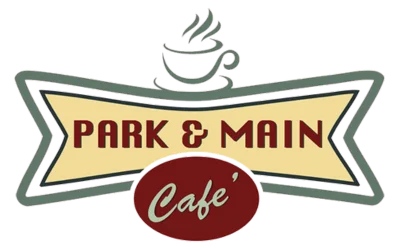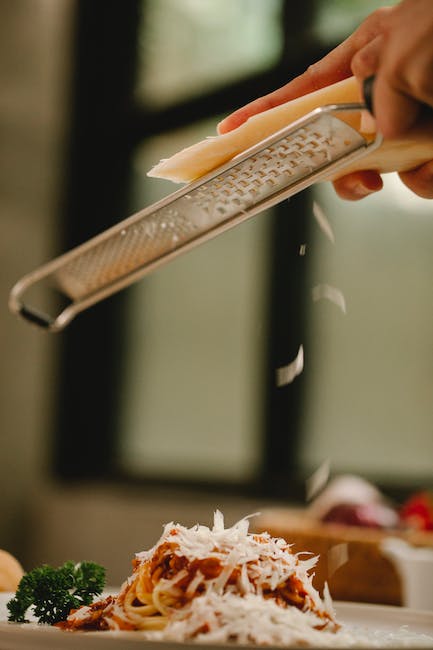
Understanding Ricotta Cheese
Ricotta cheese is a popular dairy product used in numerous culinary dishes. But what happens when you buy this cheesy delight from the grocery store and find yourself with leftover ricotta cheese beyond the serving size? One burning question likely crosses your mind, can you freeze ricotta cheese? We will explore this question and provide a comprehensive guide on how to freeze and thaw ricotta cheese
Although known as a cheese, ricotta is technically a dairy by-product. Produced from the whey left behind after cheesemaking, ricotta has a high moisture content. This high moisture content distinguishes ricotta from denser cheeses such as cheddar or gouda. But does the high moisture content affect how well ricotta freezes?
Relationship between Ricotta Cheese and Ice Crystals
If you decide to freeze your ricotta cheese, it’s essential to understand what happens at a microscopic level. Ice crystals tend to form as the cheese freezes. This is a natural process and is primarily due to the high moisture content in the cheese, which effectively becomes fodder for these ice formations.
However, the growth of ice crystals isn’t necessarily a bad thing as long it occurs within a healthy timeline. If your frozen ricotta cheese remains in the freezer for an optimal duration (we’ll touch on how long can you freeze it later), the integrity of the cheese isn’t significantly impacted. But an extended time in the freezer can compromise the cheese’s texture due to excessive ice crystal proliferation.

Packaging Ricotta Cheese for Freezing
Proper packaging is key for those wondering if they can freeze ricotta cheese without quality degradation. For absolute certainty, a freezer-safe container is a must-have. Alternatively, freezer bags can work as well. The idea is to have an airtight, cold-resistant package that stops air and moisture from damaging the cheese.
For best results, you might want to wrap your cheese in plastic wrap before placing it in the freezer bag. Should you have mixed your ricotta cheese with other ingredients, make sure you freeze ricotta cheese mixture in a single layer. This ensures even freezing and promotes optimal texture retention.
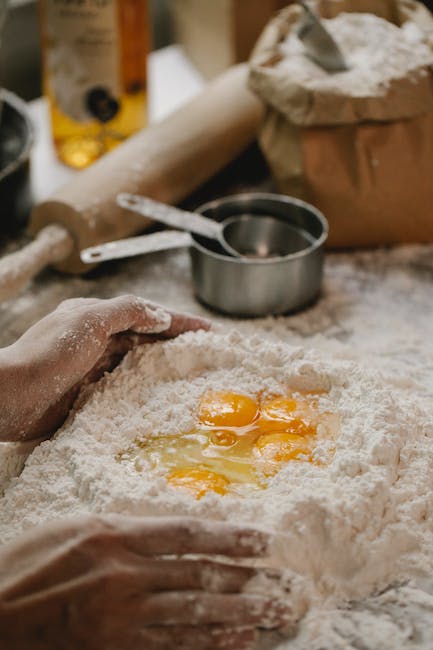
Thawing Frozen Ricotta Cheese
But what about when it comes to using your frozen ricotta cheese? Knowing how to correctly thaw ricotta cheese that has been frozen is just as important as freezing itself. Incorrect thawing can result in a highly undesirable texture and potential waste of your precious cheese.
The rule of thumb is to thaw frozen ricotta slowly to avoid a sudden change of temperature that can ruin its consistency. This typically involves letting it relax from its frozen status to room temperature. Try to use it within a few days after thawing, as it doesn’t last as long in the refrigerator as fresh ricotta.

What about Ricotta in Cooked Dishes?
Perhaps you’re a busy bee and prefer to have pre-made meals ready in your freezer. You may have heard about how you can freeze ricotta cheese in pasta dishes or other cooked dishes and wonder if it’s truly viable. Generically, freezing cooked meals can be a timesaver, but does the rule apply to cooked dishes that contain ricotta?
In general, ricotta cheese in cooked dishes, particularly baked ones like lasagna, freezes reasonably well. A point to remember, though, is that you may notice a slight change in texture once reheated. This again ties to the high moisture content in ricotta, which may result in a slightly grainy texture after freezing and reheating.

A Word on Cottage Cheese
Cottage cheese is often compared with ricotta due to their similar taste profiles and texture. However, their behavior in the freezer also has some commonalities. Ricotta cheese and cottage cheese both consist of a high water content, which leads to the ice crystal formation we discussed earlier.
While you can freeze both of these cheese types, they will undergo a slight texture change due to freezing and thawing. The ultimate verdict depends on your personal preference; some people don’t mind the texture change, while others may find the difference disconcerting.
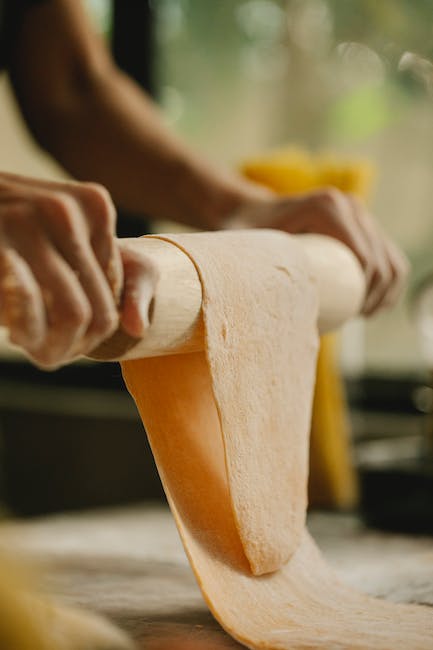
Using Thawed Ricotta Cheese
After thawing, some people notice that their ricotta cheese loses a bit of its original creaminess. This is totally normal. You can improve the texture by stirring in a bit of milk or cream. Despite the texture change, thawed ricotta is excellent in heated recipes like lasagna, stuffed shells, or cannelloni.
However, if your intended use for the thawed ricotta cheese is for a fresh recipe like in a tortelli stuffing or a dessert, you might want to pay closer attention to how grainy your thawed product is. As a precaution, always thaw and test a small portion first before using a larger quantity in your recipe.
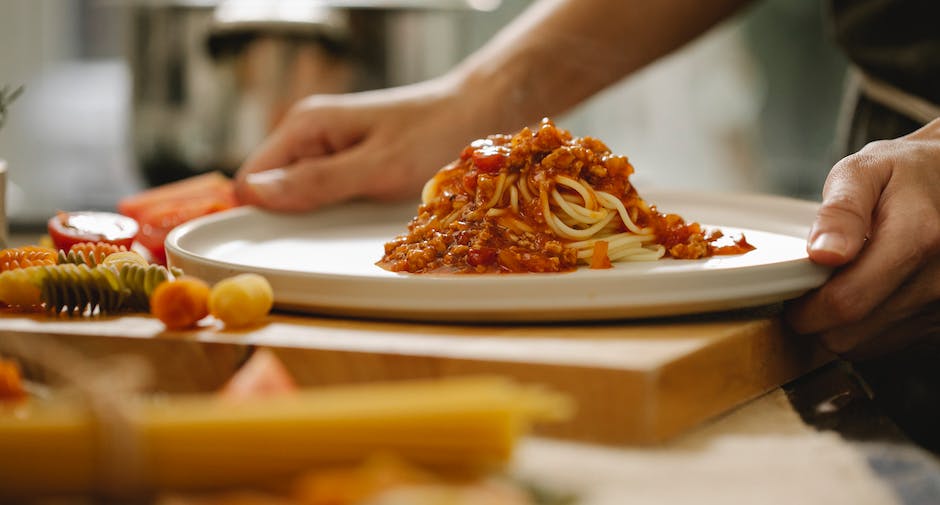
Duration of Frozen Ricotta Cheese
So, how long does fresh ricotta remain good when frozen? Generally, you can freeze ricotta cheese for up to two months without losing too much of its original quality. Remember to write the date on the freezer bag so you know when exactly you froze it.
It’s important to note that the longer the cheese stays in the freezer beyond this window, the more pronounced the texture changes and the formation of ice crystals. So, if at all possible, you should aim to use your frozen ricotta cheese within this two-month period for the best results.
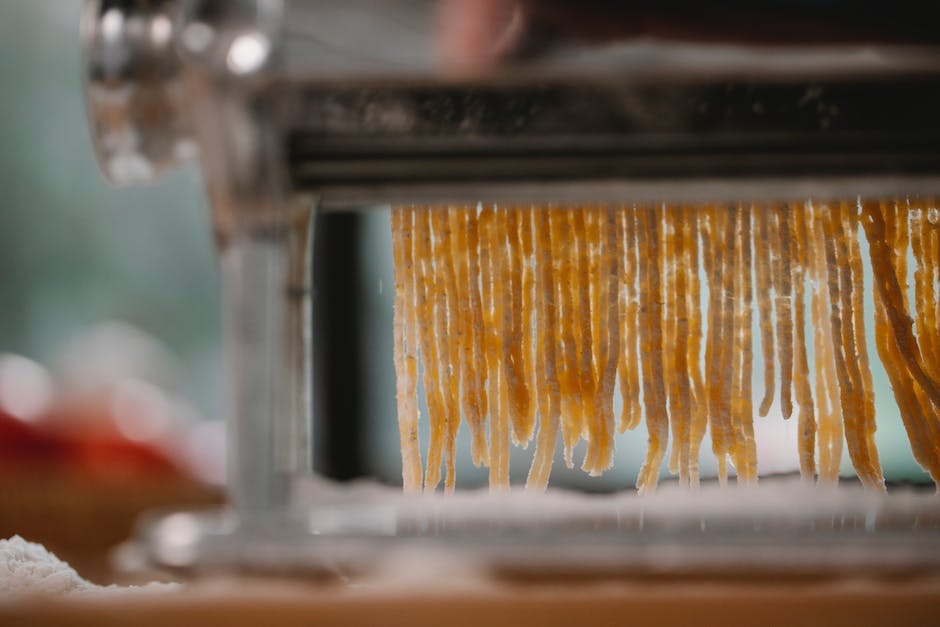
FAQ
Can you freeze ricotta cheese?
Yes, you can freeze ricotta cheese. However, due to its high moisture content, the texture may slightly change upon thawing.
How long can you freeze ricotta cheese?
Typically, ricotta cheese can be frozen for up to two months without a significant quality loss.
How should I store leftover ricotta cheese?
Leftover ricotta cheese should be stored in freezer-safe containers or freezer bags for optimal preservation.
Does ricotta cheese freeze well in cooked dishes?
Yes, ricotta cheese in cooked dishes generally freezes quite well though there might be a slight texture change upon reheating.
How to thaw frozen ricotta cheese?
The best way to thaw frozen ricotta is to let it transition slowly to room temperature
What happens when you freeze ricotta cheese?
When you freeze ricotta cheese, ice crystals form due to its high water content and the texture might differ slightly upon thawing.
Can I freeze a mixture containing ricotta cheese?
Yes, you can freeze a ricotta cheese mixture. This should be performed in a single layer for even freezing.
Is frozen ricotta cheese safe for pregnant women?
As long as the frozen ricotta cheese is thoroughly heated and cooked before consumption, it’s generally safe for pregnant women.
Can you thaw ricotta cheese in the microwave?
While it is possible to thaw ricotta cheese in the microwave, it is not recommended as it can unevenly heat the cheese and affect its texture.
What are some uses of thawed ricotta cheese?
Thawed ricotta cheese can be used in cooked recipes like lasagna, stuffed shells, and cannelloni, but not optimal for fresh recipes.
